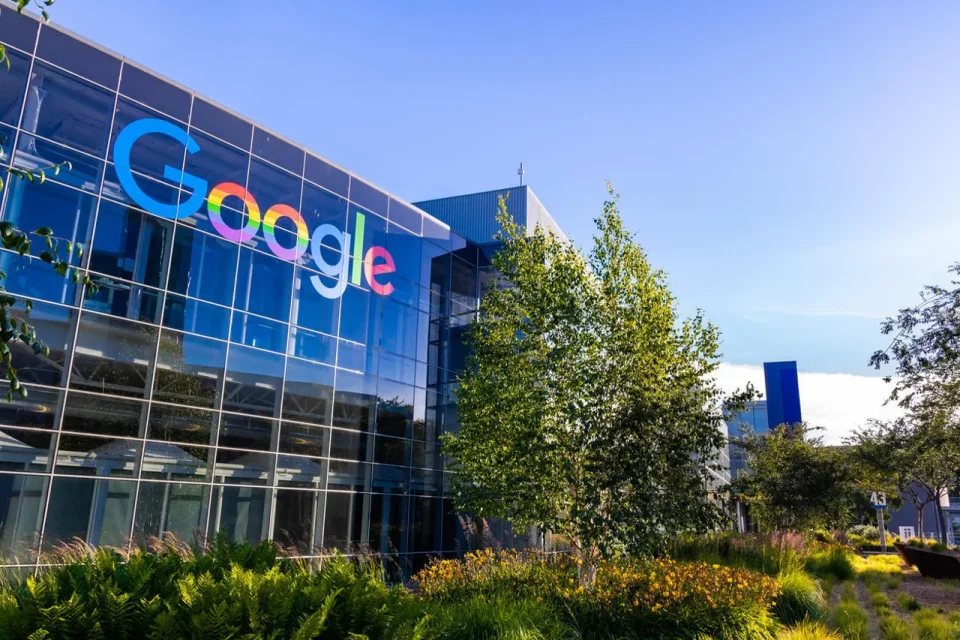Google’s parent company Alphabet Inc shares fell by up to 4% following a report in The New York Times that suggested South Korea’s Samsung Electronics was considering replacing Google with Microsoft-owned Bing as the default search engine on its devices.
The report highlighted the growing challenges Google’s $162-billion-a-year search engine business faces from Bing. Samsung’s potential shift to Bing could put approximately $3 billion of annual revenue at risk for Alphabet. Alphabet also has a $20 billion contract with Apple due for renewal this year.
Samsung has a long-standing relationship with Alphabet and Microsoft, pre-installing various apps from both companies on its devices, and negotiations between Samsung and Microsoft are ongoing. According to the report, they could still end up with Google as its default provider.
However, if Samsung decides to make Bing the default search engine for the hundreds of millions of devices it ships each year, Google could still become the dominant search engine, but it would require users to change their phone settings to change.
The New York Times report highlighted that Google employees were shocked when they learned in March that Samsung was considering replacing Google. The internal messages of Alphabet employees reviewed by The New York Times showed “panic” among staff.
For a long time, Google has been a market leader, with about 90% share. Microsoft recently incorporated OpenAI’s ChatGPT into Bing to tackle Google’s monopoly. Google didn’t capitalise on AI as OpenAI did with ChatGPT, starting an AI gold rush here to stay, obliviating fads like NFT and Metaverse. Microsoft seized the opportunity and inked a deal with OpenAI, releasing BingChat that took the internet by storm. The move faced much criticism from Elon Musk, a board member at OpenAI when it was a non-profit.
Google is now working to bring new AI-powered features to Search to stay ahead in the fast-moving AI race. Google went back to the drawing board with Bard. The tech behemoth is reportedly working on Magi, a personalised AI search engine to take on its rivals like Bing and ChatGPT. In the face of increasing competition, Alphabet is working hard to defend its market share, with a team of more than 160 people working to incorporate artificial intelligence features into its Google search product.




